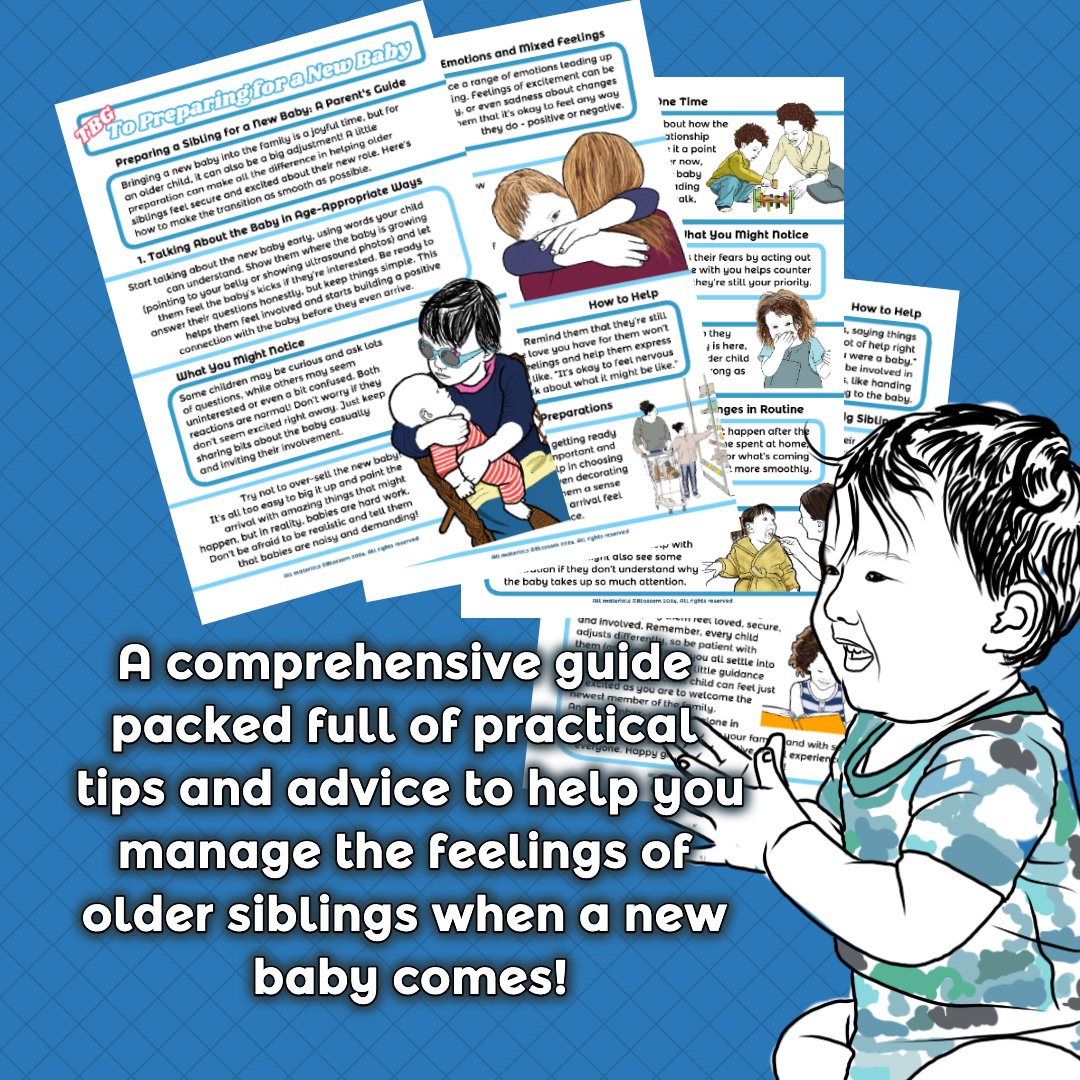TBG to NOT Sharing
Unlock the secrets to fostering healthy social interactions with our insightful guide! While the instinct may be to encourage children to share when faced with toy-grabbing scenarios, psychologists suggest that coercing sharing could inadvertently teach the wrong lessons and potentially cause harm. Our guide delves into the potential pitfalls of forced sharing and offers practical strategies for navigating these situations with grace and empathy.
**Understanding the Harm:**
- Explore the reasons why coercive sharing may be detrimental to children's development and well-being.
- Learn how forcing sharing can undermine children's sense of autonomy and lead to feelings of resentment and frustration.
Practical Strategies:
- Discover a range of practical and effective strategies for handling scenarios without resorting to coercion or forced sharing.
- From modelling respectful behavior to facilitating communication and negotiation, our guide provides you with the tools you need to navigate these situations with confidence.
Fostering Empathy and Cooperation:
- Learn how to foster empathy and cooperation in children through guided conversations and positive reinforcement.
- Encourage children to develop their own strategies for resolving conflicts and sharing resources in a way that feels fair and respectful to all parties involved.
Conclusion:
With our guide, you'll empower yourself to navigate toy-grabbing scenarios with sensitivity and skill, fostering a culture of empathy and cooperation among children. Let's work together to create positive and nurturing social interactions that support children's growth and development.
Unlock the secrets to fostering healthy social interactions with our insightful guide! While the instinct may be to encourage children to share when faced with toy-grabbing scenarios, psychologists suggest that coercing sharing could inadvertently teach the wrong lessons and potentially cause harm. Our guide delves into the potential pitfalls of forced sharing and offers practical strategies for navigating these situations with grace and empathy.
**Understanding the Harm:**
- Explore the reasons why coercive sharing may be detrimental to children's development and well-being.
- Learn how forcing sharing can undermine children's sense of autonomy and lead to feelings of resentment and frustration.
Practical Strategies:
- Discover a range of practical and effective strategies for handling scenarios without resorting to coercion or forced sharing.
- From modelling respectful behavior to facilitating communication and negotiation, our guide provides you with the tools you need to navigate these situations with confidence.
Fostering Empathy and Cooperation:
- Learn how to foster empathy and cooperation in children through guided conversations and positive reinforcement.
- Encourage children to develop their own strategies for resolving conflicts and sharing resources in a way that feels fair and respectful to all parties involved.
Conclusion:
With our guide, you'll empower yourself to navigate toy-grabbing scenarios with sensitivity and skill, fostering a culture of empathy and cooperation among children. Let's work together to create positive and nurturing social interactions that support children's growth and development.
Unlock the secrets to fostering healthy social interactions with our insightful guide! While the instinct may be to encourage children to share when faced with toy-grabbing scenarios, psychologists suggest that coercing sharing could inadvertently teach the wrong lessons and potentially cause harm. Our guide delves into the potential pitfalls of forced sharing and offers practical strategies for navigating these situations with grace and empathy.
**Understanding the Harm:**
- Explore the reasons why coercive sharing may be detrimental to children's development and well-being.
- Learn how forcing sharing can undermine children's sense of autonomy and lead to feelings of resentment and frustration.
Practical Strategies:
- Discover a range of practical and effective strategies for handling scenarios without resorting to coercion or forced sharing.
- From modelling respectful behavior to facilitating communication and negotiation, our guide provides you with the tools you need to navigate these situations with confidence.
Fostering Empathy and Cooperation:
- Learn how to foster empathy and cooperation in children through guided conversations and positive reinforcement.
- Encourage children to develop their own strategies for resolving conflicts and sharing resources in a way that feels fair and respectful to all parties involved.
Conclusion:
With our guide, you'll empower yourself to navigate toy-grabbing scenarios with sensitivity and skill, fostering a culture of empathy and cooperation among children. Let's work together to create positive and nurturing social interactions that support children's growth and development.















